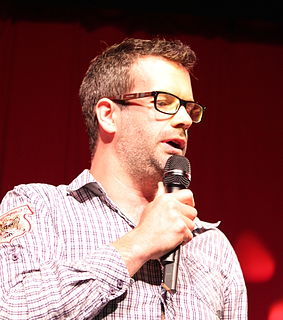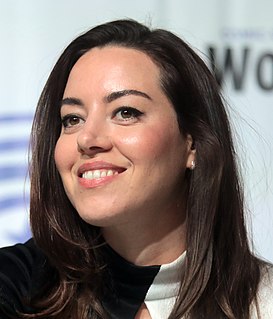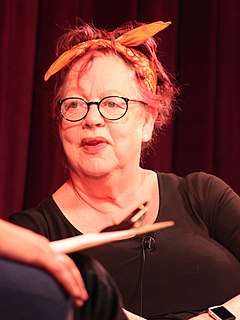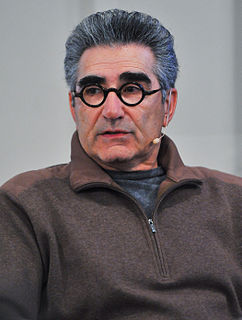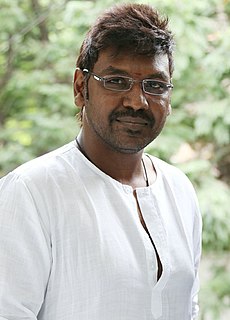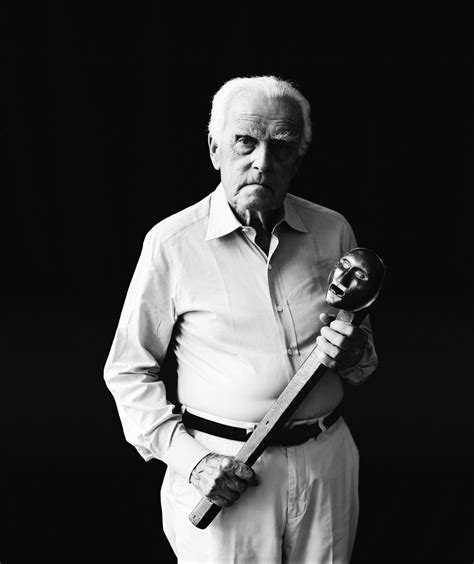A Quote by Marcus Brigstocke
The basic function of a comic is stand-up because it's so straightforward and simple. If the audience don't laugh, you didn't do your job. I've had some audiences where I didn't care if they laughed or not because they were either too drunk or stupid.
Related Quotes
We played a show the other week at this festival and it was an audience that I'd never normally play in front of. That's one the greatest things about festivals: you don't always get your audience, you get people who just pop in out of curiosity. The reaction was amazing; there were people dancing, which we've never had, I guess because the message is pretty powerful and the performance is a lot more visceral than it has been previously. The audiences seem to be reacting to that really well and it's a wonderful thing, because at a performance you really bounce off your audience.
I do not care for anything. I do not care to ride, for the exercise is too violent. I do not care to walk, walking is too strenuous. I do not care to lie down, for I should either have to remain lying, and I do not care to do that, or I should have to get up again, and I do not care to do that either. Summa summarum: I do not care at all.
That's what everybody tells me. "I would've had a great comic-book collection, but my mother made me throw them away." But when I was growing up, my mother didn't care. As long as I was reading, she didn't care if my room was filled with comics. I could have saved everything. I was just too stupid to do it.
Call listened with amusement--not that the incident hadn't been terrible. Being decapitated was a grisly fate, whether you were a Yankee or not. But then, amusing things happened in battle, as they did in the rest of life. Some of the funniest things he had ever witnessed had occurred during battles. He had always found it more satisfying to laugh on a battlefield than anywhere else, for if you lived to laugh on a battlefield, you could feel you had earned the laugh. But if you just laughed in a saloon, or at a social, the laugh didn't reach deep.
Literary fiction and poetry are real marginalized right now. There's a fallacy that some of my friends sometimes fall into, the ol' "The audience is stupid. The audience only wants to go this deep. Poor us, we're marginalized because of TV, the great hypnotic blah, blah." You can sit around and have these pity parties for yourself. Of course this is bullshit. If an art form is marginalized it's because it's not speaking to people. One possible reason is that the people it's speaking to have become too stupid to appreciate it. That seems a little easy to me.
Do you like him? Ty asked. "Not that I care." "I do," I said, because it was true. Even though it didn't matter anymore. "Not that I care you don't care. Though you clearly do care, and I don't care about that either." "Well, I don't care that you don't care that I don't care. In fact i'm glad. Because, um, if I were seeming someone that I liked, I'd want you to be happy for me.""Are you seeing someone?" I asked, pretty sure he wasn't. "Not that I care.
If you address yourself to an audience, you accept at the outset the basic premises that unite the audience. You put on the audience, repeating cliches familiar to it. But artists don't address themselves to audiences; they create audiences. The artist talks to himself out loud. If what he has to say is significant, others hear & are affected.
